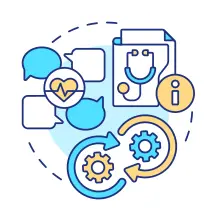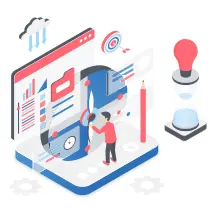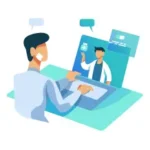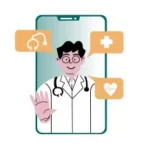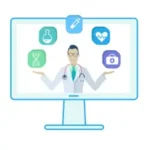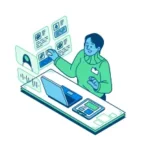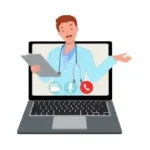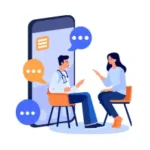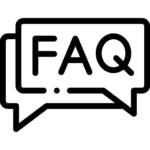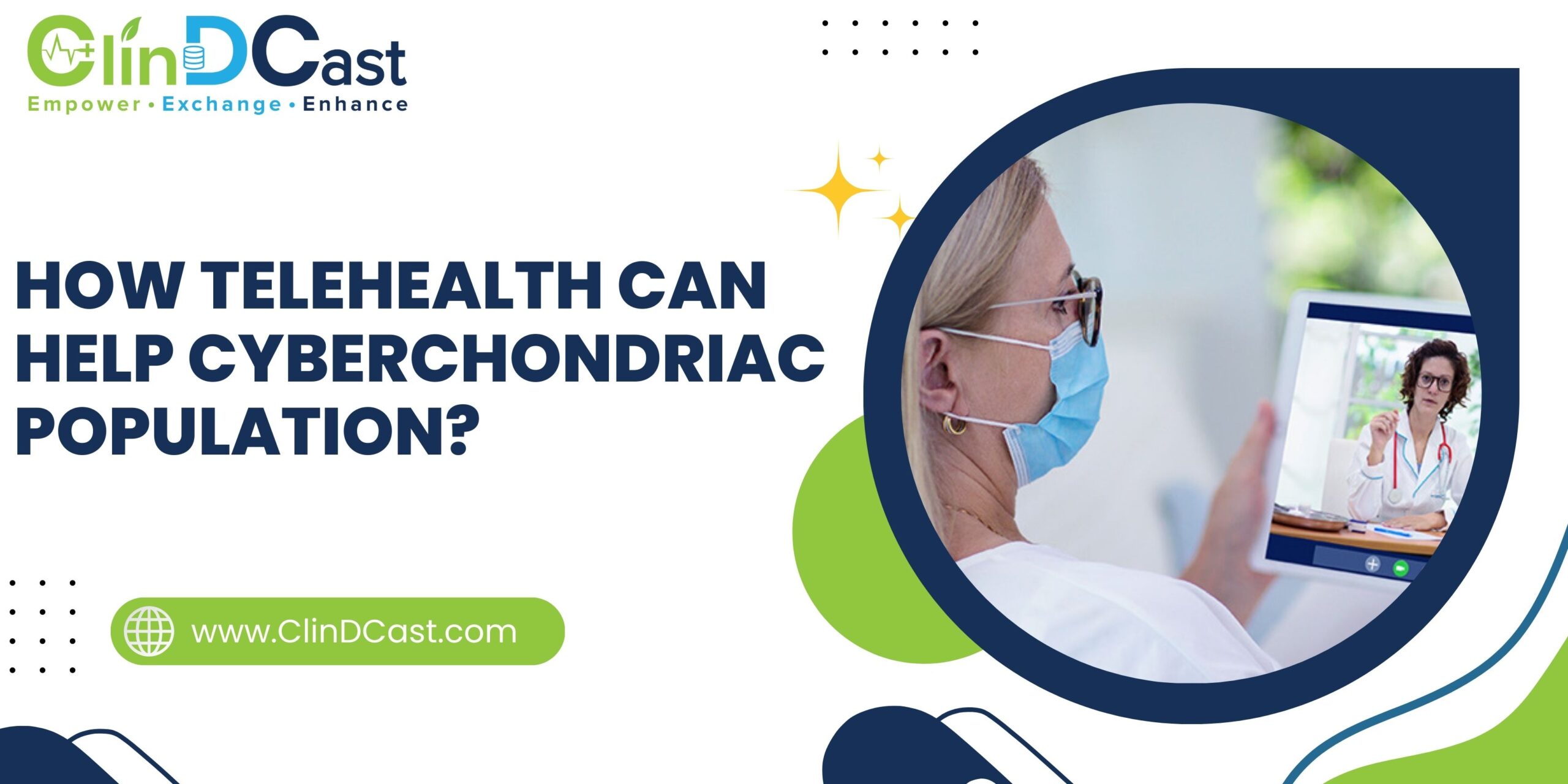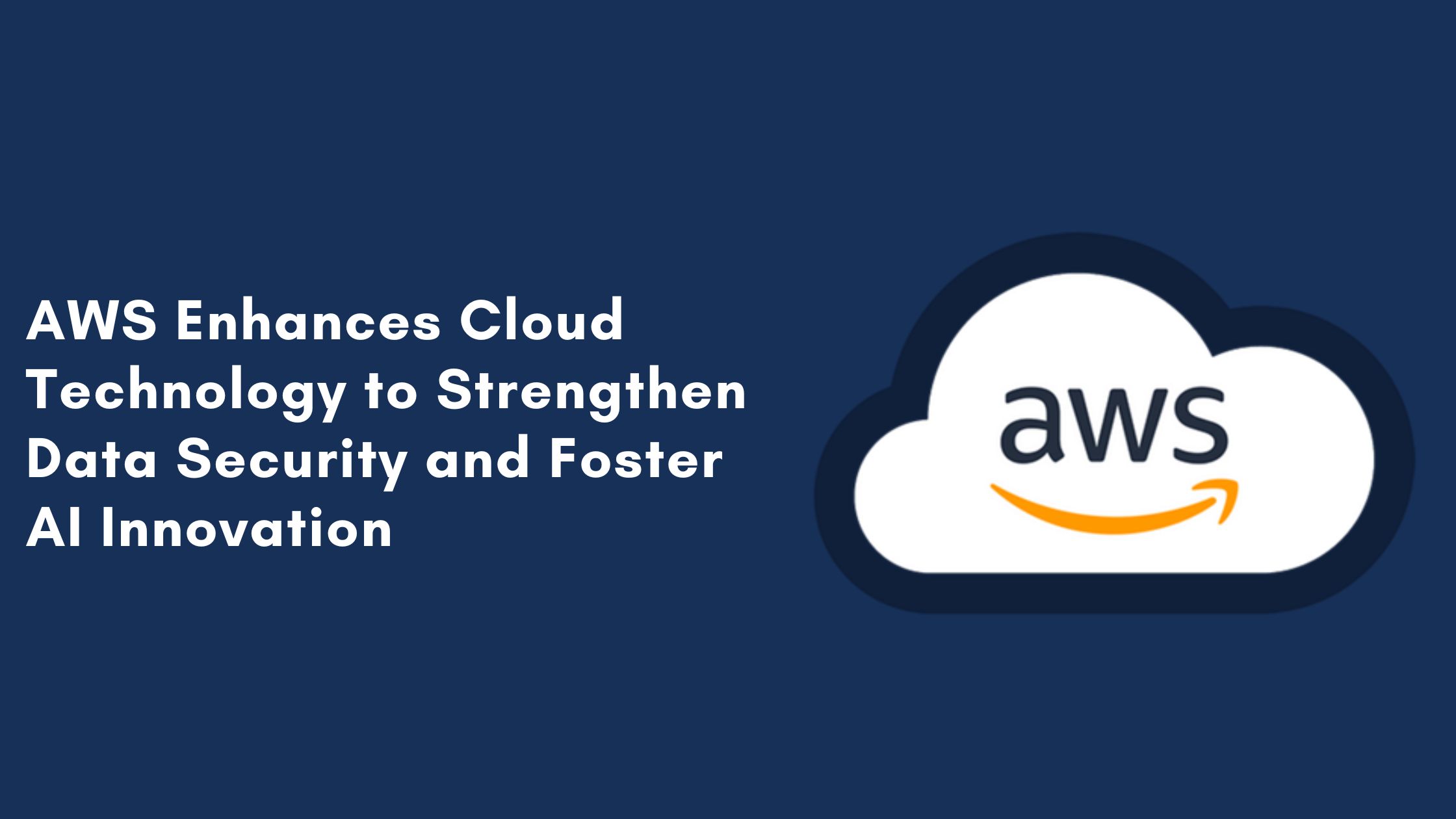
Social media has become an integral part of our daily lives in the age of digital transformation, influencing how we connect, share information, and communicate. Social media has emerged as a powerful tool in the realm of healthcare communication, in addition to its impact on personal interactions. This blog will look at the Role of Social Media in Revolutionizing Healthcare Communication and the implications for patients, healthcare providers, and the industry as a whole.
Role of Social Media in Revolutionizing Healthcare Communication
1. Accessibility to Information
Social media platforms serve as vast repositories of information, providing users with instant access to a myriad of healthcare-related content. From general health tips to specific medical conditions, individuals can educate themselves on various health topics, empowering them to make informed decisions about their well-being. Healthcare organizations and professionals utilize these platforms to disseminate accurate and timely information, debunk myths, and promote health literacy.
2. Patient Empowerment and Engagement
Social media’s interactive nature fosters a sense of community and support among patients facing similar health challenges. Individuals can share their experiences, seek advice, and provide emotional support through online forums, support groups, and patient advocacy communities. This sense of belonging can significantly contribute to patient empowerment and engagement in health management. Healthcare providers can also use social media to interact with patients, answer questions, and provide guidance, thereby improving the patient-provider relationship.
3. Real-time Communication and Crisis Response
During public health crises or emergencies, social media provides a quick and efficient communication channel. Healthcare organizations can disseminate critical information, updates, and guidelines to a large audience in real time. This instant communication aids in the management of public perceptions, the resolution of concerns, and the coordination of emergency responses. Furthermore, social media allows for the rapid dissemination of preventive measures and vaccination campaigns, which aids public health initiatives.
4. Education and Awareness Campaigns
Social media platforms can be used to launch educational campaigns and raise awareness about specific health issues. These platforms are used by public health organizations to educate the public about preventive measures, promote healthy behaviors, and advocate for screenings and vaccinations. Engaging and shareable content, such as infographics and videos, can reach a large audience, making social media an invaluable ally in disease prevention.
5. Professional Networking and Collaboration
Healthcare professionals can use social media to connect with colleagues, share research findings, and engage in discussions about advancements in their fields. Platforms like Twitter and LinkedIn facilitate networking, collaboration, and knowledge exchange, breaking down geographical barriers and fostering a global community of healthcare experts. This interconnectedness contributes to the continuous improvement of healthcare practices and the dissemination of best practices.
6. Telemedicine and Remote Consultations
The widespread use of social media has accelerated the rise of telemedicine. Platforms can be used by healthcare providers to provide remote consultations, share telehealth resources, and connect with patients virtually. This not only improves access to healthcare services, particularly in remote or underserved areas, but also enables continuous monitoring and follow-up care via online communication.
7. Health Campaigns and Challenges
Social media platforms play an important role in promoting health campaigns and challenges that encourage people to make positive lifestyle changes. These initiatives, which range from fitness challenges to mental health awareness campaigns, gain traction through user-generated content and viral participation. Gamification of health-related activities fosters a sense of community and encourages people to prioritize their health.
8. Recruitment and Training in Healthcare
Social media platforms facilitate the recruitment of healthcare professionals and the dissemination of educational resources. Hospitals and healthcare institutions use platforms like LinkedIn to connect with potential candidates, share job opportunities, and showcase their organizational culture. Additionally, training programs, webinars, and conferences can be promoted through social media, fostering continuous learning within the healthcare community.
Conclusion
Social media’s multifaceted role in healthcare communication continues to evolve, presenting new opportunities and challenges to stakeholders. As digital platforms continue to be integrated into the healthcare landscape, it is critical that all parties involved prioritize privacy, security, and ethical considerations. The healthcare industry can unlock even more potential for improved patient outcomes, increased awareness, and collaborative advancements in medical science and practice by responsibly leveraging the strengths of social media.

